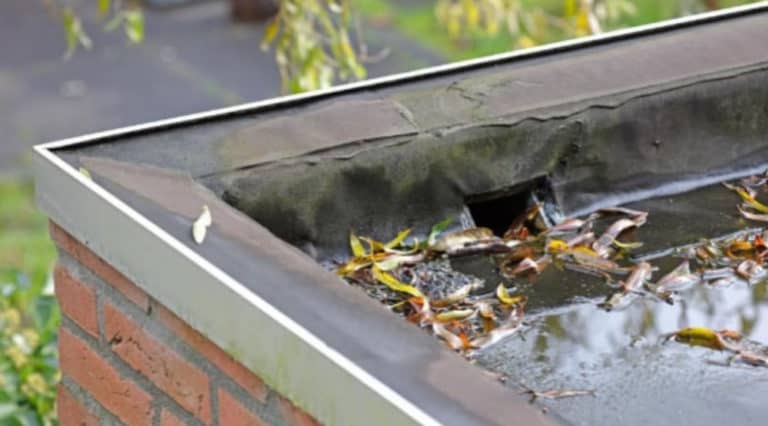Managing roof runoff water is crucial for homeowners seeking to protect their property from water damage and maintain a sustainable environment. The process involves several methods and techniques to ensure that excess water is effectively directed away from your home. In this detailed guide, we will explore various strategies to help you manage roof runoff water effectively.

Understanding Roof Runoff Water
Roof runoff water is the rainwater that flows off your roof during a storm. It is essential to manage this water to prevent it from damaging your homes foundation and landscape. Inadequate management of roof runoff can lead to soil erosion, basement flooding, and even structural damage.
Importance of Managing Roof Runoff Water
Water damage can be costly and difficult to repair. By managing roof runoff water effectively, you can protect your homes structural integrity and reduce maintenance costs. Additionally, proper water management contributes to environmental conservation by preventing soil erosion and water pollution.
Methods to Manage Roof Runoff Water
1. Install Gutters and Downspouts
Gutters and downspouts play a significant role in directing roof runoff water away from your home. Ensure they are properly installed and maintained to prevent clogs and leaks. Regularly clean them to remove leaves and debris that can obstruct water flow. For more tips on maintaining gutters, visit this maintenance checklist.
2. Use a Rain Barrel
Rain barrels are an effective way to collect and store roof runoff water for future use. This method not only helps in conserving water but also reduces the risk of flooding in your yard. Consider placing rain barrels under your gutters to capture the maximum amount of water.
3. Create a Rain Garden
Rain gardens are designed to absorb and filter runoff water. They are usually planted with native vegetation that thrives in wet conditions. This environmentally friendly solution enhances the beauty of your landscape while effectively managing roof runoff water.
4. Install a French Drain
A French drain is a trench filled with gravel or rock that redirects surface and groundwater away from your property. It is an excellent solution for areas prone to water pooling and helps to prevent basement flooding.
Advanced Techniques for Roof Runoff Management
5. Green Roof Installation
Green roofs are covered with vegetation that absorbs rainwater, reduces runoff, and provides insulation for your home. Although more costly to install, they offer long-term benefits in terms of energy savings and environmental impact.
6. Permeable Paving
Permeable paving allows water to seep through the surface, reducing runoff and promoting groundwater recharge. This technique is particularly useful for driveways and walkways.
Regular Maintenance and Inspection
7. Regular Roof Inspections
Conduct regular inspections of your roof to identify potential issues such as leaks or damaged shingles that may contribute to runoff problems. Addressing these issues promptly can prevent further damage.
8. Inspect Gutters and Downspouts
Ensure your gutters and downspouts are securely attached and free of obstructions. Regular maintenance is key to preventing water damage. For more information on gutter systems, see this guide.
9. Clear Debris Regularly
Remove leaves, twigs, and debris from your roof and gutters to maintain proper water flow. Clogged gutters can cause water to overflow and damage your homes exterior.
Environmental Impact of Roof Runoff Water
Proper management of roof runoff water not only protects your home but also contributes to environmental sustainability. By implementing eco-friendly solutions such as rain gardens and green roofs, you help reduce water pollution and promote groundwater recharge.
Cost Considerations
The cost of managing roof runoff water varies depending on the methods chosen. Simple solutions like rain barrels are affordable, while more complex systems like green roofs require a higher investment. However, the long-term benefits in terms of water conservation and reduced damage costs often outweigh the initial expenses.
Conclusion
Managing roof runoff water is a vital aspect of home maintenance. By implementing the strategies outlined in this guide, you can protect your home from water damage, conserve water, and contribute to a healthier environment. For more insights on preventing roof drainage issues, visit this prevention guide.

FAQs
How often should I clean my gutters?
It is recommended to clean your gutters at least twice a year, preferably in the spring and fall, to prevent blockages and ensure proper water flow.
What is the best way to prevent basement flooding?
Installing a French drain and ensuring your gutters and downspouts are functioning correctly can significantly reduce the risk of basement flooding.
Can I install a rain garden myself?
Yes, you can install a rain garden yourself. However, it is advisable to consult with a landscaping professional to ensure optimal design and plant selection for your specific location.
This article contains affiliate links. We may earn a commission at no extra cost to you.






